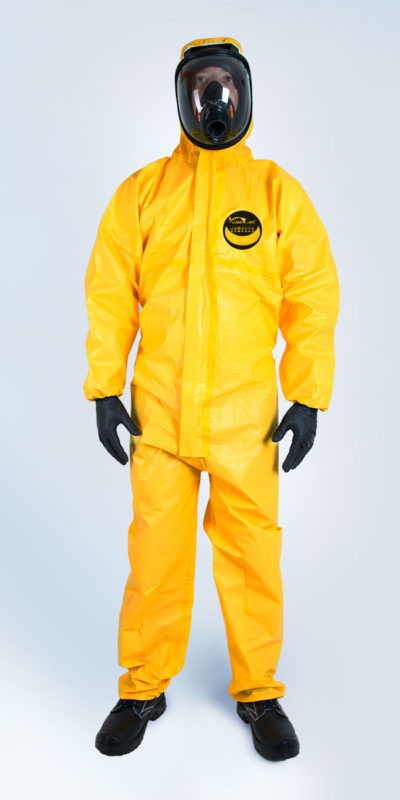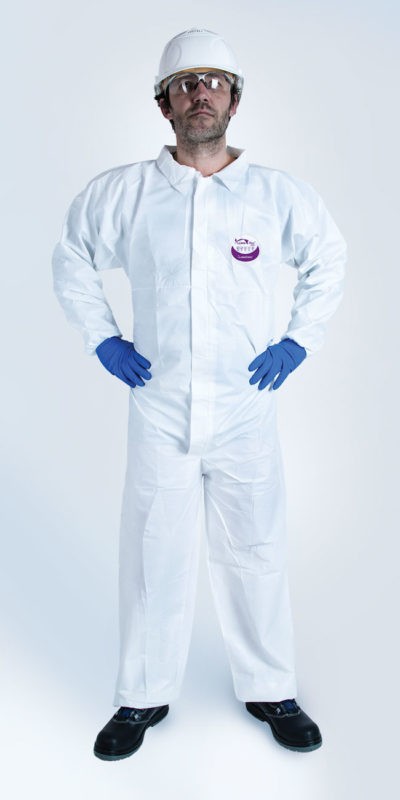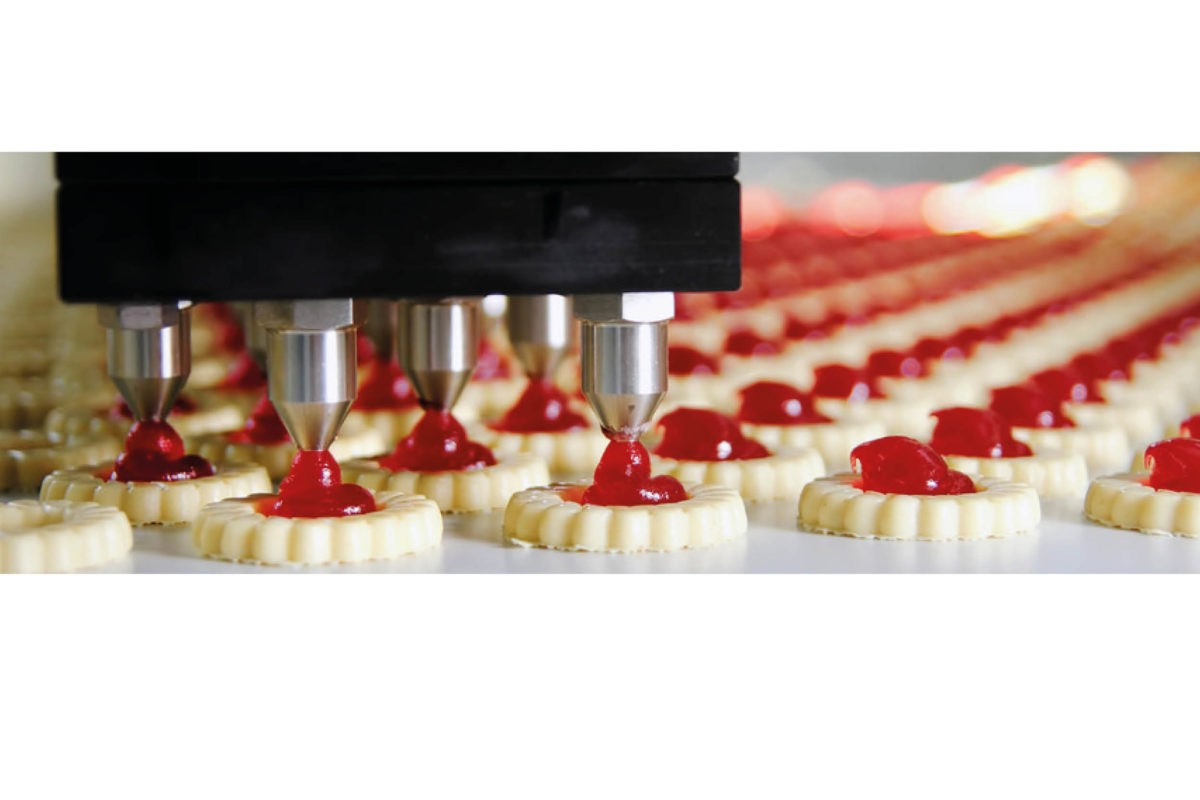
TYPE 3/4/5/6 WEEJET COVERALL


Request for recommendation
Find a distributor

Need information about : PROFESSION SHEET : AGRI FOOD INDUSTRY ?

6 March 2018
This selection guide for short-term clothing is dedicated to the agri-food industry. From production to disinfection phase, find our most protective coveralls against liquid projections and biological risk.
PROFESSION SHEET : AGRI FOOD INDUSTRY.pdfIssues linked to the cleaning and disinfection of production facilities is of key importance in the agri-food industry. These operations are conducted to eliminate dirt as well as to prevent contaminations of microbiological and chemical origin. Throughout the process, employees must both protect themselves from any spillage risks and avoid contaminating the production line. As soon as their protective garments become moist or wet, they turn into excellent hosts for bacteria. Micro-organisms grow rapidly and therefore, garments must be changed daily. The alternative solution is a short-use non-woven protective clothing. WeeSafe has designed a full range of disposable protective coveralls suitable for the chemical and biological process risks met with in the agri-food industry.
PRODUCTION: This step involves blood splashes during cutting, spillage risks during food processing or handling, salting, chemical preservation or drying operations.
Risks for the operators: Pathogens coming from slaughtering or meat processing, raw milk product handling, processing and drying of fish, seafood, or vegetables grown with organic fertilizers.
Risks for the production line: Micro-organisms carried by the human body.
PACKAGING: This step includes the handling of unpacked foodstuff or easily perishable ingredients. Personal protection must be high, especially if foodstuffs are not to be transformed later and if microorganisms are likely to grow in or on food.
Risks for the production line: Micro-organisms carried by the human body.
MAINTENANCE: During the maintenance of production equipment, a large number of food residues can enter into contact with service agents. Checking valves and piping also presents a high probability of splashing hazards.
Risks for the operators: Biological risks are important with the possible presence of molds or spores. Oil or grease splashes.
CLEANING & DESINFECTION: The cleaning phase, especially of vats, exposes employees to splashes of chemicals such as chlorinated products, as well as contaminated food waste. Protection must be optimal.
Risks for the operators: Virus, bacteria, sporicides, endotoxins, fungi (molds and yeasts).
Biological risks: Splashing of chemicals: chlorinated alkalis, soda, nitric acid, peracetic acid, hydrogen peroxide, formaldehyde alcohols, aldehydes, and hypochlorite.
This coverall offers a suitable protection for high pressure cleaning in a wet environment. It is resistant to concentrated products during cleaning process. The WeeJet is standardized against biological risks (blood and contaminated solids). Its high-density outer coating ensures optimum abrasion resistance.The zipper is covered by a triple protection and an elastic thumb loop ensuring the sealing with the protective gloves.
Coverall providing protection against low density splashes, including oil, blood and other food liquids. Standardized against biological hazards when handling or disposing of potentially contaminated material, objects, or animals. Its waterproof seams provide protection against aerosol projections and very fine contaminated particles. This product achieved the best test results of the EN14126 standard in Category 3 Type 4.
Coverall providing protection against low density splashes and biologically contaminated dust. It can be worn during production, packaging and maintenance tasks